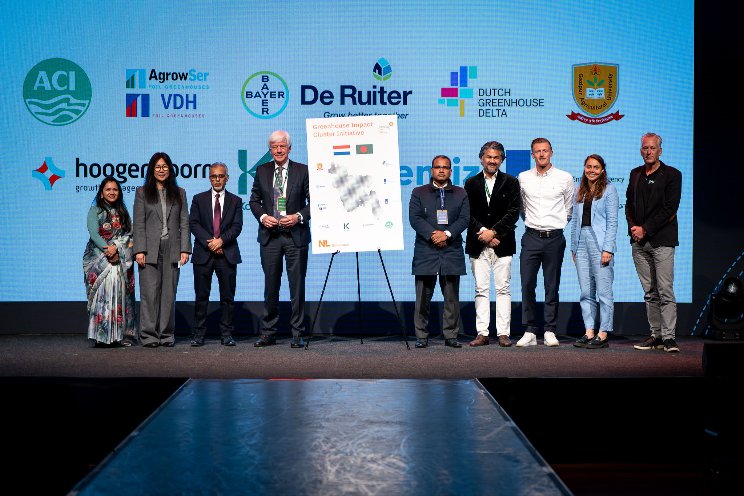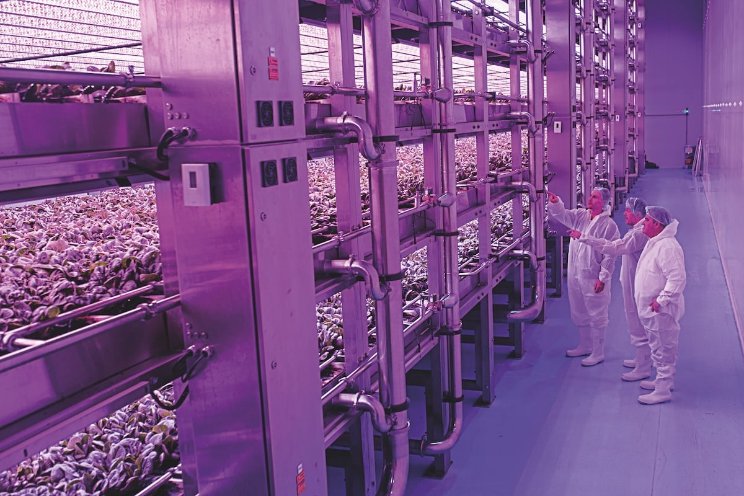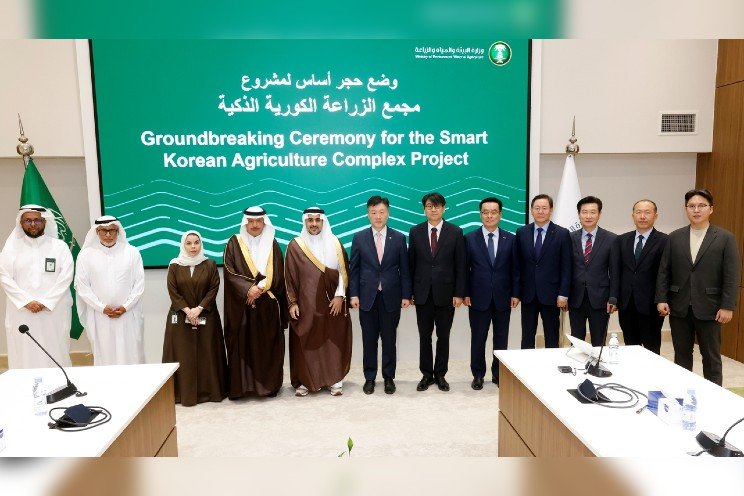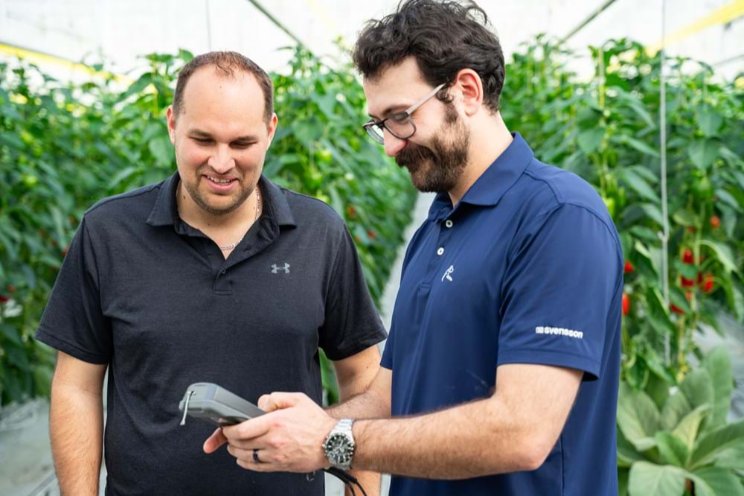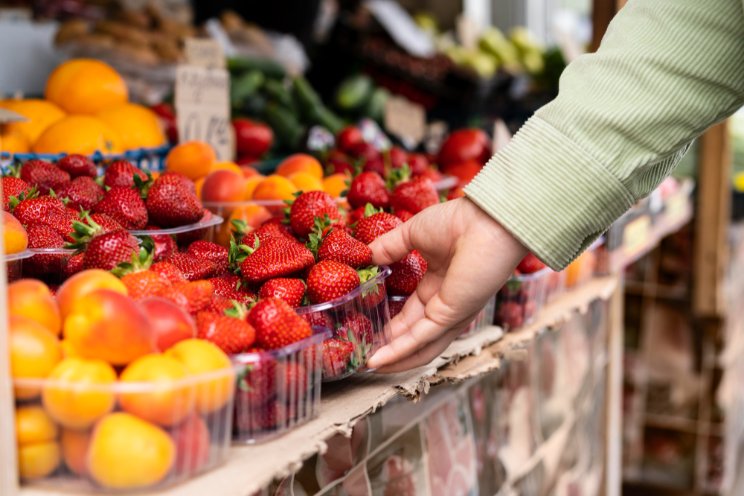How tech farming is transforming India's agri landscape
Added on 29 September 2020

The farming community has been severely impacted by the Covid-19 pandemic. The restrictions on transport and logistics, supply chain, and shutting down of local vegetable mandis obstructed the overall supply of the produce. This led to the vulnerability of our food sources.

Image: Illustration by Anirban Ghosh
Additionally, food production, transport, processing, and waste are already placing enormous pressure on environmental resources.
According to estimates of the World Economic Forum, the global population is expected to reach nearly 10 billion in 2050, which will lead to a 60% higher food requirement than it is today. However, at the current rate of ecological degradation, there simply won't be enough arable land left to meet this demand. This has resulted in the need for utilising and growing the food sustainably. Consequently, with the adoption of the right technology, farmers can optimise their crop planning to utilise minimum resources and get the maximum benefit out of it.
Understanding the market overview
With remarkable results, agriculture technology has witnessed a huge growth in investment and is still projected to grow at a CAGR of 18% from 2019 to 2025, according to a report by Research and Markets. And Maple Capital Advisors, in a report, says the sector attracted investment of nearly $245 million in 2019. The report, titled 'India Agritech—Investment Trends, Initiating Coverage' says the sector is expected to attract investment of more than $500 million in the next two years.
Additionally, to promote the agri firms, the Indian government recently announced that it would fund 112 startups with a sum of ?11.85 crore in the current financial year.
Innovation in agriculture
Advancements in agriculture technology offer precise solutions for sustainable farming that includes indoor vertical farming, hydroponic farming, and modern greenhouse practices. These practices are set to redesign the farming experience with myriad benefits. They produce healthier, fresh, and more nutritious food that has a longer shelf life. These practices also help in saving valuable water, land, and labour resources. Also, the controlled growing system enables farmers to produce food free from harmful chemicals and residue.
Complementing consumer preferences
In India, consumption patterns have been undergoing changes. People are becoming more aware of eating healthy and fresh. Additionally, the pandemic has also encouraged consumers to change their dietary habits and consume food that helps prevent infections and build strong immunity against infections.
The techniques of ultra-modern tech farming optimise crop production and quality and offer food safety all year round. They are grown in nutrient-rich water without pesticides, harvested a few hours before it reaches the consumer's plate. This has strengthened the power of making good choices and brought in a behavioural change to create a healthier food system.
Use of technology
The growth in the adoption of advanced technology solutions in agriculture is revolutionising the sector. By using the smart farming model, traditional farming is gradually transitioning to urban modern tech farming. It allows producing differently using new techniques that increase food production and efficiencies in the food chain. By incorporating automated technologies and processes, it becomes easier to meet the burgeoning demand of the population.
Looking at the changing scenario of traditional farming and advancements in technology, farmers have started adopting indoor vertical and hydroponic farming techniques. These are highly data-driven and combine agriculture with science to grow safe and healthy food in much lesser time. These also enable the farmers to manage growth factors and optimise their field for better produce.
After discovering the effectiveness of such farming techniques, the government is also supporting the agritech sector in helping to transform the traditional farming community. The trend of urban modern tech farming is set to boom in the country with millennials being curious about producing fresh inside their houses. They want leafy greens freshly harvested from their farm before putting on the table. In the coming times, consumers are going to become more serious about the benefits of consuming home-grown veggies and organic food. Moreover, people will be fonder of growing vegetables at home for safety, health, and hygiene benefits after the pandemic.
Views are personal. The author is founder and CEO of Barton Breeze, a commercial hydroponics farm startup.
Source: Fortune India
Photo created by jcomp - freepik
Source: Fortune India
More news
